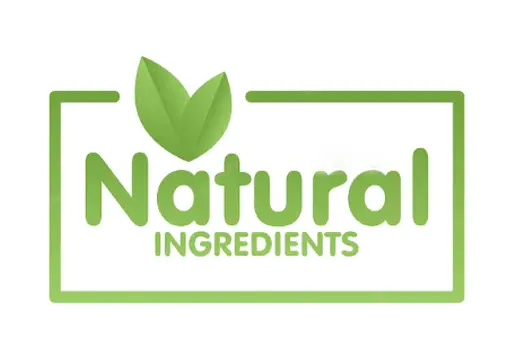Coenzyme Q10 Background and Benefits
(CoQ10) is an enzyme that is chemically a 1,4-benzoquinone. The "Q" in the name refers to the chemical group of quinones derived from aromatic compounds. The "10" refers to the 10 isoprenyl subunits at the end of the CoQ10 molecule.
CoQ10 is a vitamin-like compound found in most plant and animal cells, particularly in mitochondria. It plays an essential role in the generation of adenosine triphosphate (ATP), which is a prerequisite for aerobic respiration. About 95 percent of the chemical energy produced by the human body comes from ATP, so the greatest concentration of CoQ10 is found in organs such as the heart, kidney and liver, which have the highest energy requirements.
Animal protein is the richest dietary source of CoQ10, especially chicken liver and heart. Dairy products also contain CoQ10, but to a much lesser extent than meat. Among the best plant sources of CoQ10 are parsley and perilla. Professor Fredrick L. Crane et al. isolated CoQ10 in 1957, and its chemical structure was demonstrated by Dr. Karl Folkers et al. in 1958.
The ability to produce CoQ10 in commercial quantity and purity did not exist until the 1980s, when the number of studies on CoQ10 increased dramatically. These studies show that CoQ10 has potent antioxidant activity that allows it to support cellular health and function.
Uses of Coenzyme Q10
One of the most common uses of CoQ10 is to support against the effects of aging. It is also used to support heart health, maintain healthy cholesterol levels, and support the body's natural ability to control and regulate blood sugar levels.Signs You May Need Coenzyme Q10
The most common signs of CoQ10 deficiency relate to the cardiovascular system. Other signs that you need CoQ10 supplements include metabolic syndrome, poor gum health and poor digestive health. People taking statin drugs to lower cholesterol may also have low CoQ10 levels, as these drugs inhibit the biosynthesis of CoQ10. Other signs of CoQ10 deficiency include fatigue and muscle pain.





